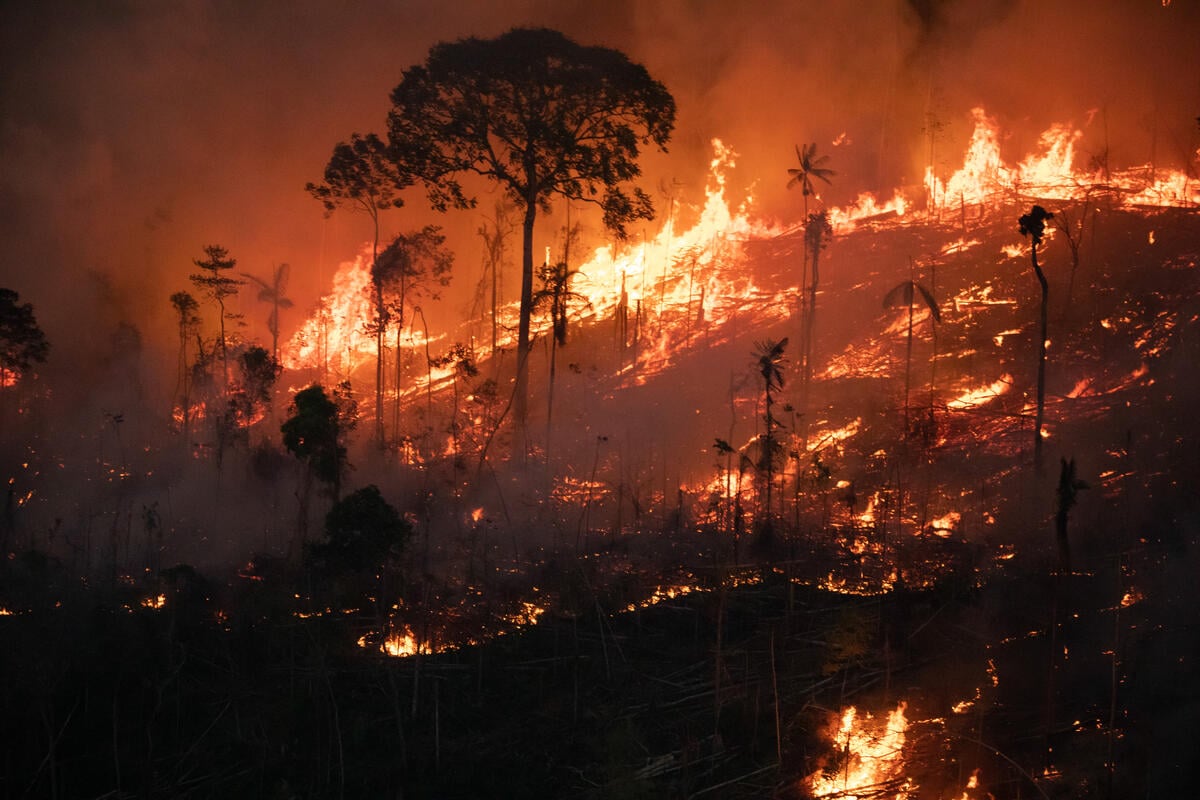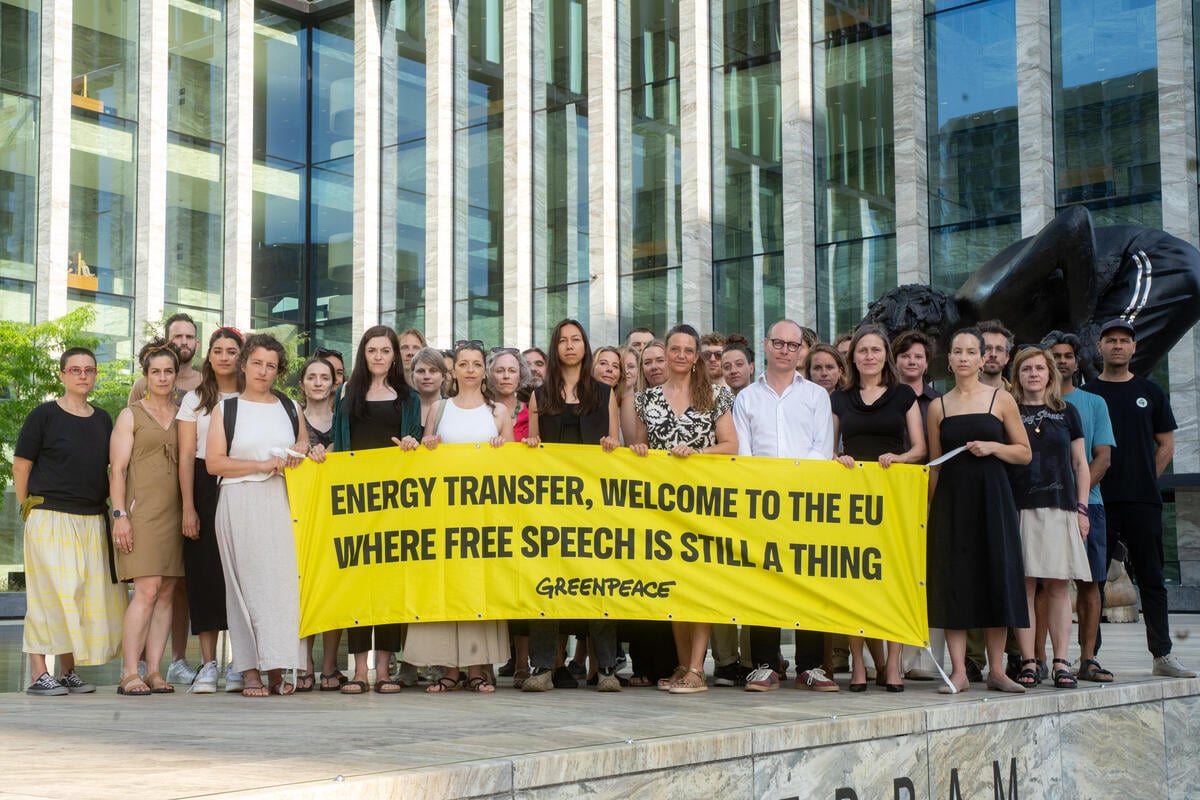Pointing fingers makes for good politics, but it does nothing to prepare us for the dangers ahead.
In a recent opinion piece attacking climate activists (Boycotts of Canadian energy will leave the planet worse off — good work, activists!), Cody Battershill reiterated two fundamental untruths: that Canadian oil sands are being unfairly singled out and that an ever-rising demand for oil should be taken as a given.
Neither claim holds up to scrutiny and perpetuating them does a disservice to the debate on what to do about climate change.
The article is a reaction to Zurich Insurance Group’s decision to stop underwriting or investing in oil sands producers and to ask these companies how they will align their business plans with the Paris climate agreement target of limiting warming to 1.5 degrees.
Oil sands are amongst the highest carbon oil on the planet, yet they are not the only ones facing this test – Zurich is doing the same with coal producers and shale oil operators globally.
This is a business decision to “future proof” its operations, not a public relations move. Insurance companies and banks are limiting their exposure to high-carbon resources because they see (and as insurers, pay for) the damages from climate change. They also fear being left with “stranded assets” as the shift to a low-carbon economy renders some oil and coal reserves worthless.
Those dismissing the possibility of crude being left in the ground as Greenpeace rhetoric should be asked to explain why the Bank of Canada just added climate change to its list of greatest threats to the Canadian economy.
The Bank, not known as a bunch of tree-huggers, notes the rising costs of climate-fueled floods, wildfires and rising seas, but reserves its starkest warning for a failure to prepare for a low-carbon transition that could lead (in the Banks’s words) to a “fire sale” of oil and gas assets that destabilizes the entire financial system.
The Bank of England goes further, requiring British insurers to explain how they would manage a low carbon transition that drops the value of oil stocks by 45% and coal by 65% (while increasing the value of renewable energy by 20%).
Delaying the transition increases the costs, which is why environmentalists advocate for a Green New Deal that ensures fossil fuel industry workers and directly affected community members are guaranteed good, dignified work with the training and support needed to succeed in the new economy.
The alternative is to try to squeak out a couple more oil booms, at a cost of destabilizing the ecosystems we all depend on for life. Yet that is what is being advocated when presenting an increasing global demand for oil as inevitable.
Battershill is not alone in making this claim. The Canadian Association of Petroleum Producers regularly uses the International Energy Agency’s (IEA) “New Policies Scenario” to justify the need for expanded oil production. That scenario assumes no new climate policies are adopted, resulting in up to 3.5 degrees Celsius of warming.
The IEA also has scenario where warming is closer to 2 degrees, leading to a 25% drop in global oil demand over the next 20 years. A recent study in the prestigious academic journal Nature found that limiting warming to 1.5 degrees would mean no new fossil fuel infrastructure and early retirements.
Hence the Central Banks’ concern over stranded assets. And why the expansion of fossil fuel production is being opposed all around the globe (though we don’t hear much about those other battles in Canada).
In each of those places, local politicians and the global corporations that operate there complain that someone else is worse. If we are to avoid leaving our kids a bankrupt and burning planet, we need everyone to strive to be the best.
Keith Stewart, Ph.D., is a senior energy strategist with Greenpeace Canada and teaches at the University of Toronto.
-Ends-
Note: this piece was published by Financial Post.
Photo Credit: Ben Nelms/Bloomberg



